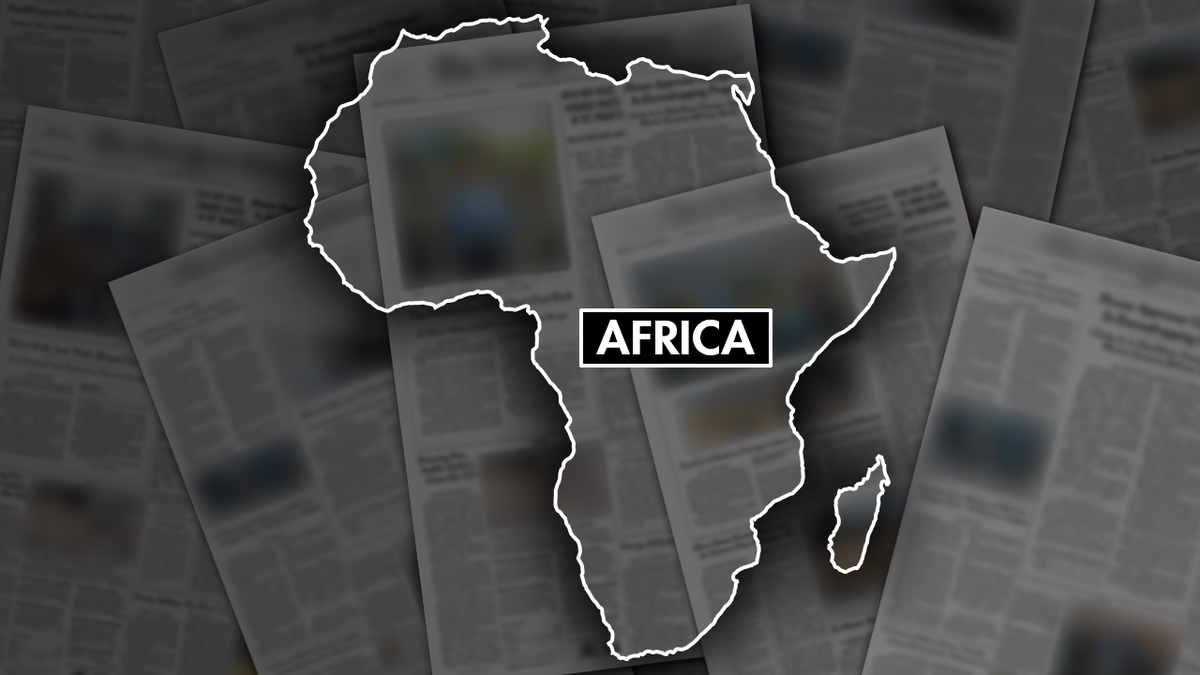Fox News Flash top headlines for February 16
Fox News Flash top headlines are here. Check out what's clicking on Foxnews.com.
At least 6 million Nigerians affected by the extremist insurgency in northeastern Nigeria need $1.3 billion in aid this year, according to the U.N. office in Nigeria.
The 2023 U.N. humanitarian response plan launched on Thursday noted the need for "critical life-saving assistance" as a result of more than 12 years of extremist violence that has killed an estimated 35,000 people and displaced at least 2 million in the region.
"An estimated 2.4 million people are in acute need and require urgent support," said Matthias Schmale, the U.N. humanitarian coordinator for Nigeria. "The large-scale humanitarian and protection crisis shows no sign of abating."
Over 80% of those in need in northeastern Nigeria are women and children, according to the U.N.
"The ticking time bomb of child malnutrition is escalating in Nigeria’s northeast, with the number of children suffering from acute malnutrition projected to increase to 2 million in 2023," it said.
NIGERIANS ARE GETTING HEALTH INSURANCE BY TRADING WASTE MATERIAL

The United Nations said that Nigerians have been hit by extremist violence and need $1.3 billion. (Fox News)
CLICK HERE TO GET THE FOX NEWS APP
The appeal for aid for those hungry and displaced comes just as Africa's most populous country, with 214 million people, readies for its presidential election on Feb. 25. The humanitarian crisis could further squeeze many in Nigeria, which has an unemployment rate of 33% and 63% of the people are in poverty.
Boko Haram, Nigeria’s homegrown Islamic extremist rebels, launched an insurgency in 2009 to fight against western education and to establish Islamic Shariah law in the country's northeast.
Their rebellion has spread over the years to the neighboring West African countries of Cameroon, Niger and Chad. A breakaway faction of the group, known as the Islamic State West Africa Province, has risen to prominence, dominating the Lake Chad region where they often target security force convoys and outposts.
Some humanitarian needs of affected people are "deepening and increasing," particularly those related to food insecurity and malnutrition, the U.N. said, citing the situation in Bama, Borno state where at least 4,000 people could die, starve or face acute malnutrition if donors and authorities do not act quickly.

